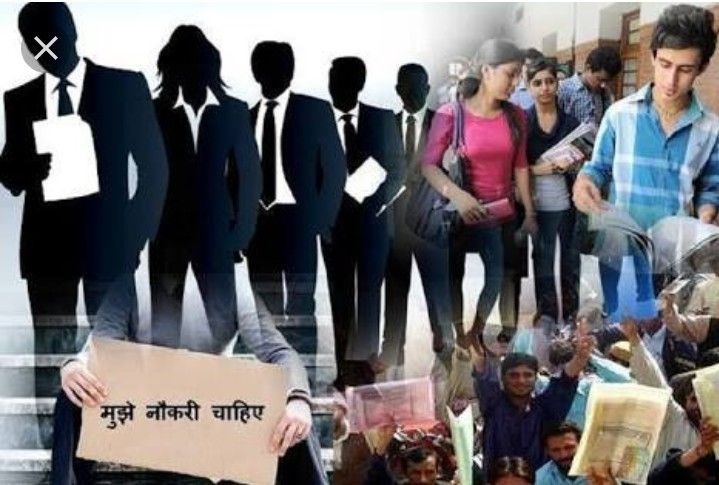
13-Jun-2025 , Updated on 6/13/2025 6:55:30 AM
Why Are Indian Youth Disconnecting from Their Roots?
Urban Migration Severing Community Ties
Physically, the Indian youth become detached with extended family networks and local support systems due to urban migration to pursue education and employment. Urban living favours individual careers and nuclear families, limiting time and apparent necessity of extended kinship responsibilities. Contact with the various urban life forms and values often result in a review or repudiation of the old customs and graded social roles. Geographic distance plus the challenging work culture of our urban lives plus the redefinition of individual identity all work together to deliberately break the links with ancestral communities and cultural ways of doing things, breaking the social links.
Education System's Cultural Blind Spots
Cultural blind spots are a major issue of the Indian education system, and it is one of the direct reasons why the youth is disconnected with their roots. The curriculum favours western centric knowledge systems and devalues indigenous knowledge systems, local histories and traditional arts. The use of vernacular languages remains secondary to that of English and this hinders access to native cultural discourses. Modern academic subjects are favoured greatly in standardized testing, which implicitly diminishes the value of community-based wisdom and regional philosophies. Such an institutionalized treatment poses a hierarchy in which cultural heritage seems to bear no relevance to contemporary achievement, hastening its apparent obsolescence in the minds of young people concerned with economic upwardness. The lack of absorbing meaningful local context in the system leads to the destruction of the cultural continuity between generations.
Digital Dominance Over Traditional Practices
This loss of touch with the cultural heritage among the young generation of Indians is mostly fueled by all-absorbing digitalization. The influence of the global media platforms all the time makes the shifts towards the international trends, leaving the local traditions far behind. The relevance of indigenous knowledge is undermined by the formal education systems that place more emphasis on contemporary skills. Digital entertainment is easily substituted into the lives of those who find time-consuming cultural rituals easily substituted by its convenience and immediate satisfaction. Such digital dominance forms a situation in which traditional practice can hardly compete to capture long-term attention, and thus it loses its cultural continuity.
Career Pressures Trumping Heritage Values
Excessive professional requirements are one of the main reasons why the Indian young Generation is losing touch with the roots. Migration to urban areas to study and work needs one to adapt to the global work cultures and takes up a lot of time and concentration. Modern employment markets value contemporary abilities and the concept of constant upskilling, which leaves little room in the schedule to adhere to more traditional methods that are usually perceived as time-consuming. Geographical mobility often becomes a requirement by economic ambitions and thus physically disconnects the individuals supporting family networks and communal rituals that serve to pass on cultural ideals. This order of priorities inevitably moves interaction with heritage to the back seat, causing a slow deterioration of the sense of culture as economic well-being and career climb to the top of the agenda.
Generational Shifts in Cultural Priorities
The lack of connection to traditional values among the Indian youth is the result of generational change, which is based on modernization. With urbanization, people are physically taken out of the old community organization, undermining the daily cultural immersion. Value given to English medium education and STEM careers marginalises vernacular languages and indigenous knowledge making them seem less relevant. Ubiquitous globalized digital media and technologies advance the ideals of the West and their lifestyles, constructing aspiration models that are dissonant with tradition. Quick socio-economic modernization puts the development of the individual career and the independence of the nuclear family above all, intergenerational responsibilities. The ancestral ways of doing things find it difficult to contend with the urgency and the assumed practicality of globalized and modern models.

Content Writer
Hi, I’m Meet Patel, a B.Com graduate and passionate content writer skilled in crafting engaging, impactful content for blogs, social media, and marketing.
Join Our Newsletter
Subscribe to our newsletter to receive emails about new views posts, releases and updates.
Copyright 2010 - 2026 MindStick Software Pvt. Ltd. All Rights Reserved Privacy Policy | Terms & Conditions | Cookie Policy